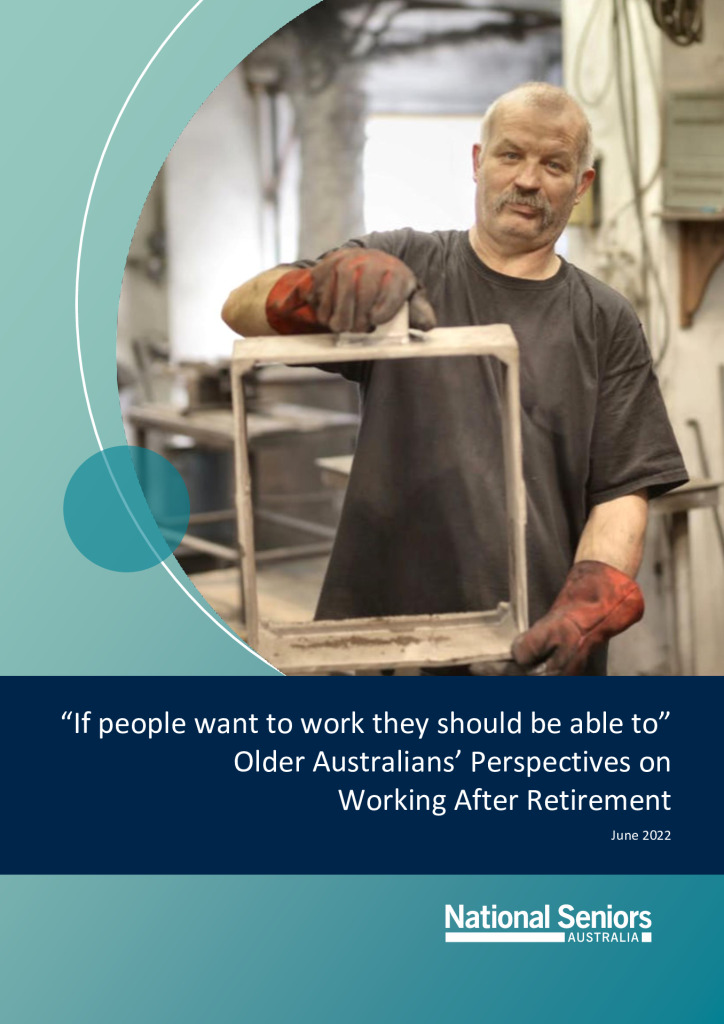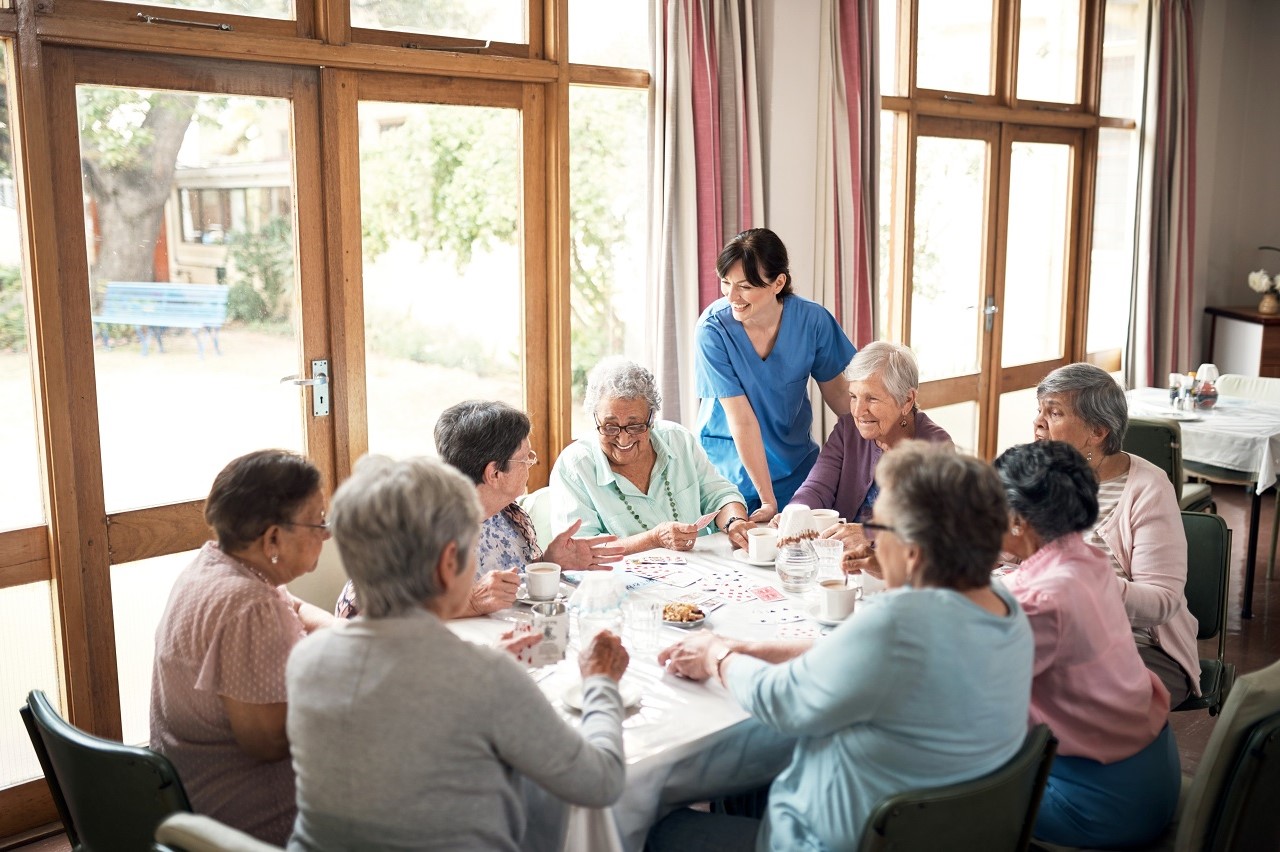National Seniors Australia surveyed 3938 Australians aged 50+ in February 2022, asking questions about their employment and retirement status, their interest in re- entering paid work after retirement and motivations for this, and the barriers retirees face when seeking to re-enter the paid workforce.
Motivations to re-enter paid work
Over 3000 of those surveyed were retired, transitioning to retirement or moving in and out of retirement. Among them, 17% said they had already re-entered the paid workforce after retiring and another 19% said they would consider it. But nearly two thirds (63%) said they would not consider going back into the paid workforce now they had retired.
Money was the most common motivation for re-entering paid work after retirement, mentioned by 52% of those who had re-entered paid work in the past or who would consider doing so in the future.
The percentage motivated by money was significantly higher among Age Pension recipients compared to other retirees. Many indicated life on the pension entailed serious financial struggles such as difficulties affording rent, bills and food.
Other common motivations for re-entering the paid workforce after retirement were staying physically and mentally active (19%), contributing to society (13%), socialising (13%) and having fun in interesting and enjoyable jobs (12%).
Smaller percentages of people were motivated by the desire to use existing skills, to do something meaningful, to help someone known to them, to fill workforce shortages, to keep connected to the community, to learn new things and to gain routine in their lives.
Barriers to post-retirement work
In total 3067 survey participants answered the question about barriers to retirees re-entering paid work. Collectively they mentioned 14 kinds of barrier.
Ageism was the barrier mentioned most often. Almost 1100 respondents (36%) stated this directly and another 844 seemed to imply it.
Other barriers mentioned frequently were pension rules and similar (21%), the impacts of ageing on a persons work capacity (16%), a lack of appropriate opportunities (14%), out of date skills and qualifications (10%) and issues related to digital skills and engagement (10%).
Barriers mentioned by fewer people were changed workplace culture, time commitments like caring, a lack of resilience, age-related regulations pertaining to things like insurance and workers compensation, uncertainties related to job applications, other forms of discrimination such as ableism, COVID risks and requirements, and unwillingness to take work from younger people.
Conclusions and Recommendations
A substantial proportion of retirees work or would like to work for a range of reasons including a desire to contribute to the community. Australian economic and social policies need updating to make them appropriate for the current generations of retirees. Doing so may also help combat ageist perceptions of older people as incapable and unproductive.
Including paid work within our understandings of the retirement income system in addition to the Age Pension, superannuation and savings would acknowledge current experiences of retirement as a transition from paid employment, rather than as a single event.
Money is a significant motivator for retirees to re-enter paid work, especially for Age Pension recipients. Increasing the Age Pension and the maximum rate of Commonwealth Rent Assistance would ensure no retiree is forced to work because of poverty.
The Age Pension income test and associated reduction in Age Pension entitlement are a significant barrier to pensioners engaging in paid work. Excluding employment income from the income test and adjusting taxation would allow pensioners to work without penalty and reduce reporting burden.
Older Australians recognise that the impacts of ageing can sometimes reduce peoples capacity to work, especially in industries requiring physical labour and jobs with demanding conditions such as full-time hours. Employers need support to create suitable jobs, including the flexibility to make any modifications required to enable older peoples contributions to be sustainable.
Workplace accommodations for older workers maximize inclusivity, just as such accommodations can maximize inclusivity for younger workers with disabilities, workers with caring responsibilities, and so on.
Out of date skills and qualifications can be a major barrier to post-retirement work, as can low confidence with digital technologies and modern job application norms. Providing retirees with retraining opportunities in these areas would reduce these barriers, especially if the retraining is directly connected to a job so they are not wasting their time.








